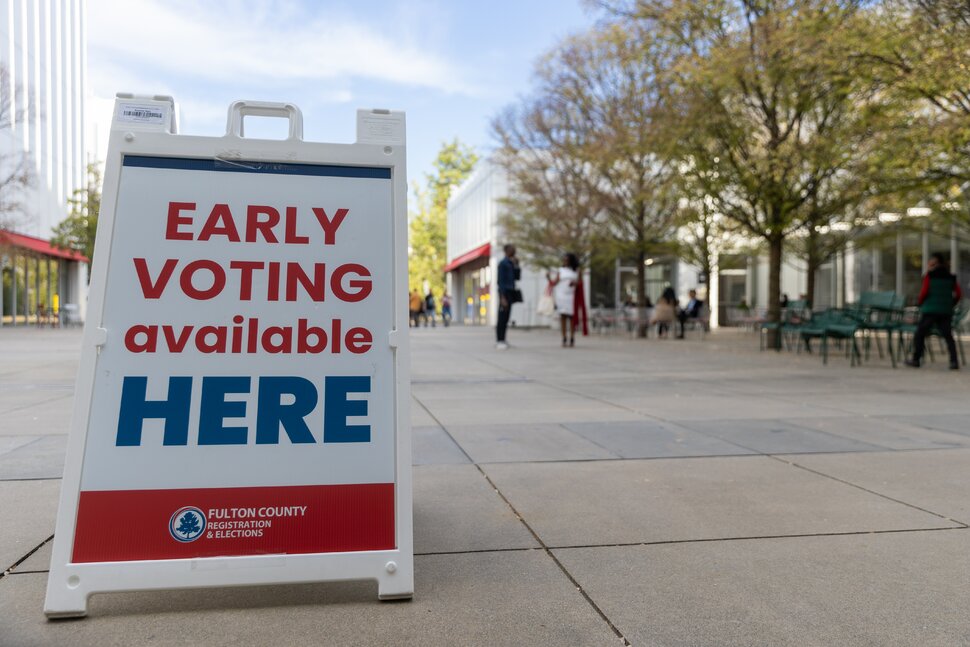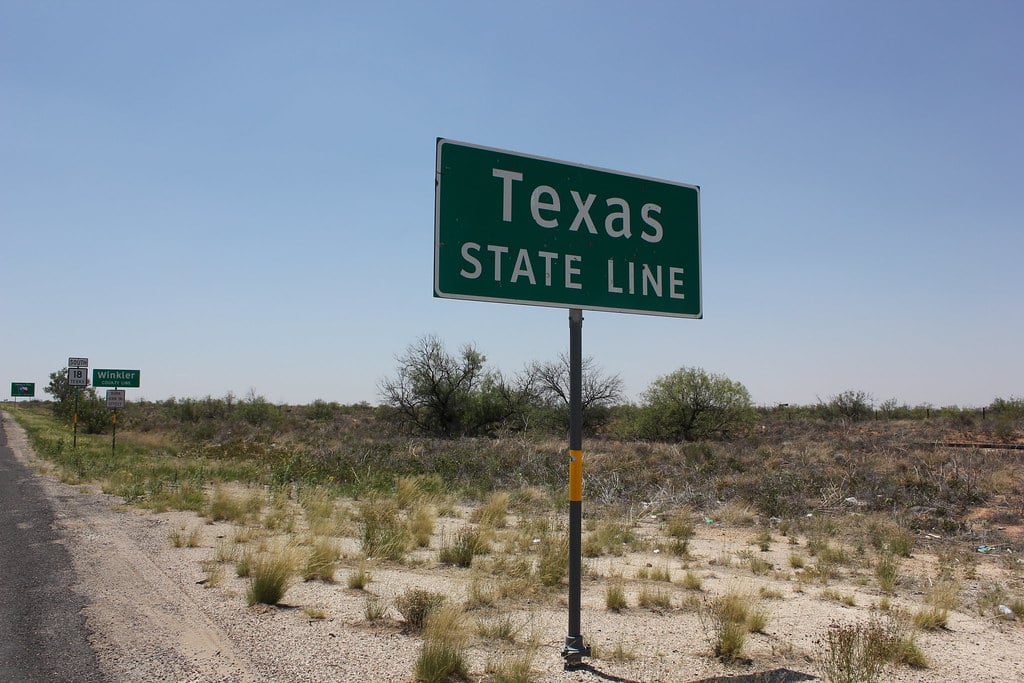Embrace of early voting is a shift in political strategy with major implications for the election.
What to know:
-
Former President Trump and the Republican Party back early voting for the 2024 elections, a surprising change.
-
Recent polls show Trump leading in crucial swing states, introducing uncertainty in U.S. policy on global issues like China, Russia, NATO, and trade.
-
Their support for early voting acknowledges its importance in increasing voter participation and shaping election outcomes.
In a surprising turn of events, former President Donald Trump and the Republican Party are now rallying behind early voting initiatives for the upcoming 2024 elections. This unexpected shift comes despite Trump’s prior opposition to expanding access to the polls. Bloomberg News reports that recent polling data shows Trump leading in crucial swing states, adding an intriguing layer of uncertainty to American policy on matters such as China, Russia, NATO, and trade. Everyone’s talking about it, but what’s really going on?
Trump’s Change of Heart
Trump's change of heart regarding early voting is noteworthy, particularly given his history of vocal criticism on the subject. Previously, he frequently expressed concerns about potential fraud and the integrity of the electoral process. However, recent developments, such as his encouragement of Republicans to vote early during a town hall interview with Fox News, signal a significant departure from his previous stance. Despite this endorsement, Trump's mixed messaging, including baseless allegations about the reliability of early voting, adds complexity to his newfound support.
This shift in stance has the potential to influence the opinions of other Republicans regarding early voting programs as they navigate their strategy for the upcoming 2024 elections. Despite Trump's past demonization of early voting, initiatives like the Republican National Committee's "Bank Your Vote" campaign and Virginia Gov. Glenn Youngkin's "Secure Your Vote Virginia" initiative indicate a broader shift within the party. These efforts aim to educate and activate Republican voters on early voting options, emphasizing the importance of following the rules and maximizing voter participation. As the Republican Party adapts its strategy to engage voters more effectively, Trump's evolving stance on early voting reflects this broader shift and underscores the dynamic nature of political strategy in the lead-up to elections.
Swing State Dynamics
In terms of swing state dynamics, recent polling data from Bloomberg reveals that Trump currently holds a lead in several critical swing states essential for securing the presidency. This newfound support for early voting in these states could have significant implications. Early voting could be very important in these situations, influencing voter turnout and ultimately the outcome of elections. Not only that, but Trump and the Republicans recognize the value of early voting in raising voter turnout. Increased access to polling stations may encourage more citizens to cast their ballots, thereby shaping the overall electoral landscape in unforeseen ways.
Policy Uncertainty
The recent endorsement of early voting by former President Trump has ignited discussions surrounding its potential ramifications on policy decisions. This unexpected shift in stance has raised uncertainties regarding the Republican Party's future agenda, particularly concerning the prioritization of early voting measures in their platform. Questions linger about how this newfound support for early voting might influence the GOP's overall policy positions, given Trump's historically critical stance on the matter. The GOP's changing stance on electoral policies and their wider consequences for government are subjects of conjecture as the party works out its plan for the next elections.
Amidst this policy uncertainty, observers are closely monitoring the GOP's response to Trump's endorsement of early voting. There is particular interest in whether the party will incorporate early voting initiatives into their platform and to what extent this prioritization might shape their policy positions moving forward. The implications of this change in position on electoral policies, as talks within Republican circles continue, go beyond simple procedural issues and could indicate larger changes in the party's approach to both electoral strategy and governance.
Summary
The Republican Party and former President Donald Trump have undergone a surprising shift in their political stance, transitioning from initial opposition to early voting plans for the 2024 elections to now endorsing such measures. Recent polling data revealing Trump's lead in critical swing states introduces uncertainty into U.S. policy on global issues. The newfound support for early voting acknowledges its significance in increasing voter participation and influencing election outcomes. However, this change raises questions about potential policy impacts and prompts speculation about future GOP strategies concerning electoral policies.





